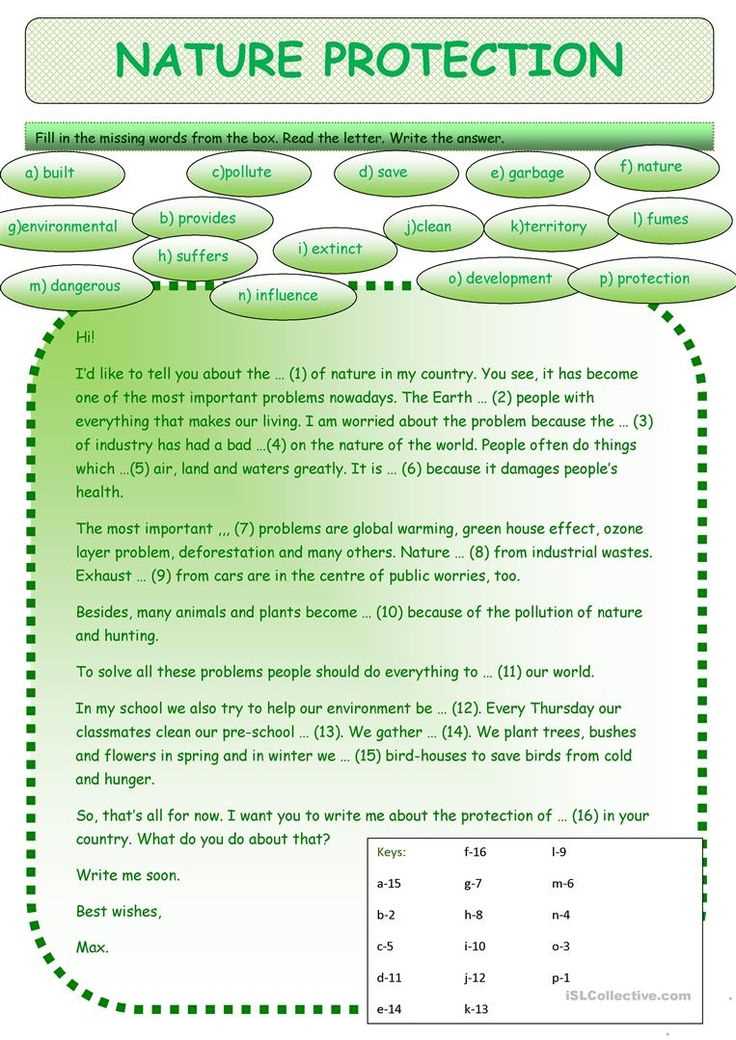
Welcome to our comprehensive guide to the documentary “A Life on Our Planet” by Sir David Attenborough. This groundbreaking film takes us on a journey through Sir David’s lifetime, exploring the devastating impact of human activities on our planet and offering hopeful solutions for a sustainable future.
In this article, we have compiled a list of frequently asked questions about the documentary and its message. From questions about the state of our planet to inquiries about specific solutions, we aim to provide you with a deeper understanding of the issues at hand and inspire you to take action.
Join us as we delve into the thought-provoking content of “A Life on Our Planet,” and explore the urgent need for change, the importance of biodiversity, and the role each of us can play in preserving our planet for future generations.
A Life on Our Planet: Questions and Answers
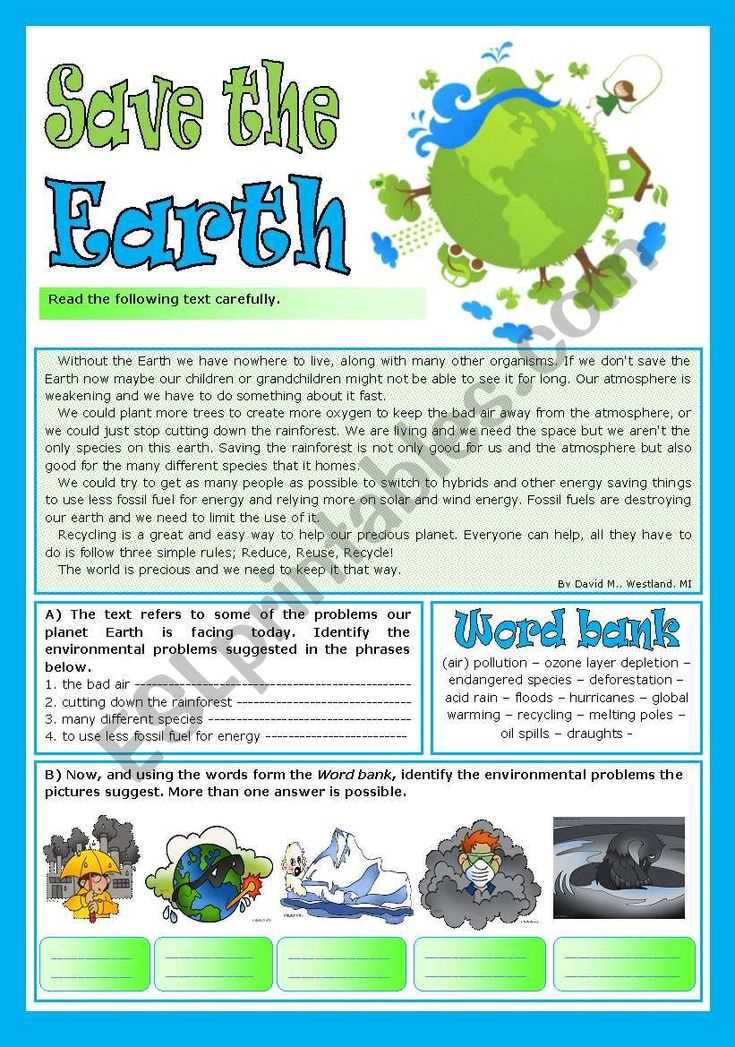
In the documentary “A Life on Our Planet,” Sir David Attenborough reflects on his life and the changes he has witnessed in our natural world. Through a series of questions and answers, he paints a stark picture of the issues facing our planet and offers solutions for a sustainable future.
Q: What are the main challenges facing our planet?
A: The main challenges facing our planet are climate change, loss of biodiversity, deforestation, and overexploitation of natural resources. These issues are intertwined and have cascading effects on ecosystems and human societies. We are pushing our planet to its limits, and if we continue on this path, we risk irreversible damage to our environment and survival as a species.
Q: What can we do to address these challenges?
A: We must recognize the interconnectedness of all life on Earth and take action to restore and protect our natural world. This includes reducing our carbon emissions, transitioning to renewable energy sources, and adopting sustainable practices in agriculture and industry. We also need to protect and restore habitats, prioritize conservation efforts, and promote sustainable consumption and waste management.
Q: How can individuals make a difference?
A: Individuals have the power to make a difference through their daily choices and actions. By reducing our meat consumption, using public transportation or biking instead of driving, reducing our energy consumption, and supporting sustainable businesses, we can contribute to a more sustainable future. Additionally, educating ourselves and others about the importance of biodiversity and the consequences of our actions is crucial in fostering a collective effort towards change.
Q: What is the importance of biodiversity?
A: Biodiversity is the foundation of life on Earth. It encompasses all living organisms, from plants and animals to microbes, and the ecosystems they form. Biodiversity provides us with essential services such as clean air and water, pollination of crops, and climate regulation. It also offers countless scientific and medicinal discoveries. Protecting and restoring biodiversity is not only crucial for the survival of other species but also for our own well-being.
Q: Are there any success stories to inspire hope?
A: While the challenges we face are immense, there are also success stories that offer hope. Examples include the recovery of the humpback whale population, the reintroduction of wolves in Yellowstone National Park, and the significant increase in renewable energy production. These successes demonstrate that with the right actions and collective effort, we can make a positive impact on our planet and secure a better future for both nature and humanity.
What is “A Life on Our Planet”?
“A Life on Our Planet” is a documentary film that explores the profound impact of human activities on the environment, highlighting the urgent need for action to restore and preserve the planet for future generations. This film is a personal witness statement by David Attenborough, a renowned British broadcaster and natural historian, who has spent decades studying and documenting the wonders of the natural world.
In this documentary, Attenborough reflects upon his life and career, sharing his observations and concerns about the devastating changes he has witnessed firsthand throughout his lifetime. He takes viewers on a journey through different ecosystems, showcasing the immense biodiversity that once thrived on Earth and the severe consequences of human-driven deforestation, pollution, and climate change.
Throughout the film, Attenborough emphasizes the need for urgent action to achieve a sustainable future for both humanity and the planet. He presents a powerful call to arms, urging individuals, governments, and industries to take responsibility for their actions and work towards preserving and restoring the Earth’s ecosystems.
This documentary serves as a wake-up call to the global community, highlighting the immediate need for sustainable practices, renewable energy sources, reforestation, and the protection of wildlife and natural habitats. Attenborough’s hope is that by showing the severity of the crisis at hand and providing potential solutions, we can collectively change course and create a better future for our planet.
In summary, “A Life on Our Planet” is a thought-provoking and eye-opening documentary that offers a stark portrayal of the environmental challenges we face and the urgent need for action to ensure the survival of our planet and future generations.
Who is David Attenborough?
David Attenborough is a renowned British broadcaster and naturalist who has dedicated his life to exploring and documenting the wonders of the natural world. With a career spanning over six decades, Attenborough has become an iconic figure in the field of wildlife filmmaking and conservation.
As the voice behind numerous documentary series, including the critically acclaimed “Planet Earth” and “Blue Planet,” Attenborough has brought the beauty and fragility of our planet’s ecosystems to millions of viewers worldwide. His distinctive narration style and deep knowledge of the natural world have captivated audiences and inspired a new generation of nature enthusiasts.
Through his groundbreaking documentaries, Attenborough has shed light on the urgent need for environmental conservation. He has highlighted the devastating impacts of climate change, deforestation, and habitat destruction, urging viewers to take action and protect the biodiversity of our planet. His work has been instrumental in raising awareness about the threats facing our natural world and galvanizing global efforts to address them.
In addition to his filmmaking career, Attenborough has also played an active role in conservation organizations and initiatives. He has served as a prominent advocate for wildlife protection, lending his voice to campaigns and calling for stronger measures to safeguard endangered species and their habitats.
At the age of 94, David Attenborough continues to inspire and educate audiences around the world. His lifelong commitment to the natural world and his tireless efforts to promote conservation have earned him widespread acclaim and recognition. Through his work, Attenborough has become a prominent voice for the planet, reminding us of the importance of preserving and cherishing the incredible diversity of life on Earth.
Main Themes of the Documentary
The documentary “A Life on Our Planet” explores several main themes that are essential to understanding and addressing the current environmental crisis facing our planet. Through the lens of the narrator and protagonist, Sir David Attenborough, the film highlights the urgent need for action and presents a vision for a sustainable future.
1. Destruction of Natural Habitats
One of the main themes of the documentary is the destruction of natural habitats caused by human activities. Attenborough provides examples from his own experiences and demonstrates how deforestation, overfishing, and urbanization have led to the degradation of ecosystems and the loss of biodiversity. The film emphasizes the interconnectedness of species and the devastating consequences of disrupting delicate ecological balance.
2. Climate Change and Global Warming
Another significant theme explored in the documentary is the impact of climate change and global warming on the planet. Through the narration and use of scientific evidence, Attenborough highlights the drastic changes occurring in the Earth’s climate system, including rising temperatures, melting ice caps, and extreme weather events. The film underscores the urgent need to reduce greenhouse gas emissions and transition to sustainable energy sources to mitigate the effects of climate change.
3. Overconsumption and Overpopulation
The documentary addresses the issues of overconsumption and overpopulation as underlying factors driving environmental degradation. Attenborough presents statistics and data showing the exponential growth of the human population and the unsustainable demands placed on the Earth’s resources. The film calls for a shift in the way we consume and produce goods, promoting a more equitable and sustainable approach to development.
4. Solutions for a Sustainable Future
Despite the bleak picture painted throughout the documentary, there is a glimmer of hope as it delves into solutions for a sustainable future. Attenborough outlines the need for conservation efforts, rewilding projects, and restoration of damaged ecosystems. He also emphasizes the importance of renewable energy, regenerative agriculture, and adopting circular economy principles. The film highlights the power of individual and collective action and inspires viewers to make changes in their own lives to protect the planet.
Key Takeaways from the Film “A Life on Our Planet”
The film “A Life on Our Planet” showcases the devastating impact of human activities on the planet and offers a thought-provoking look at the consequences we are facing and the actions we need to take to secure a sustainable future. Here are some key takeaways:
1. Biodiversity Loss:
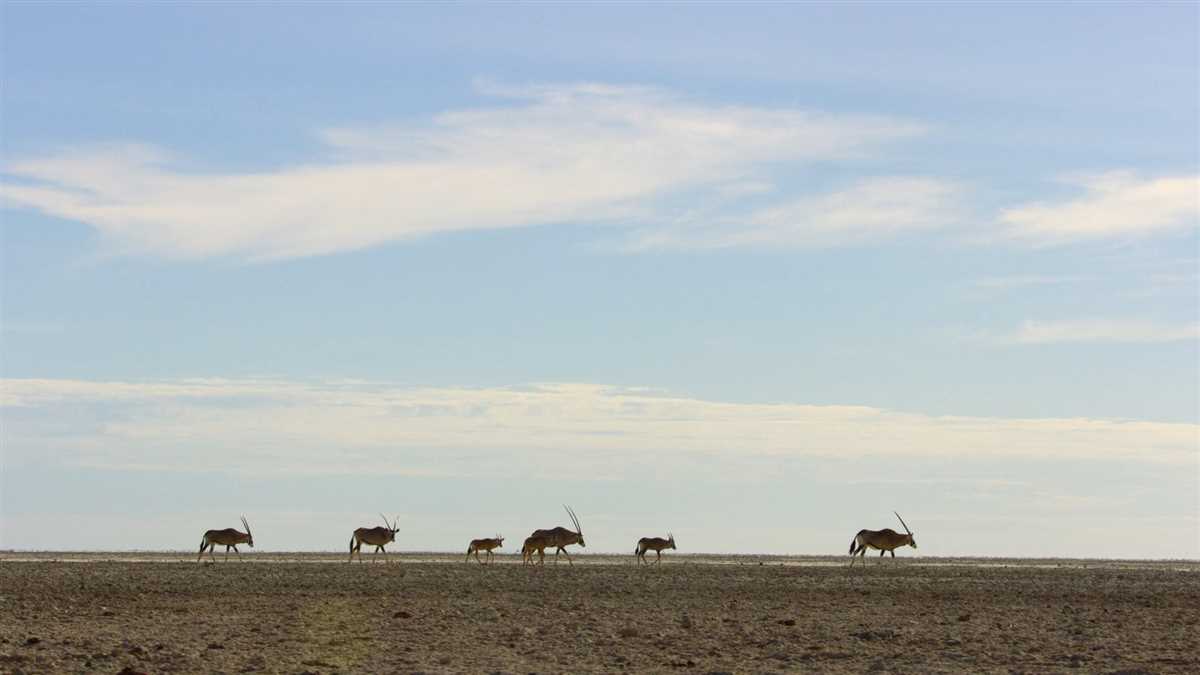
One of the key takeaways from the film is the alarming rate at which we are losing biodiversity. The film highlights how deforestation, overfishing, and habitat destruction have led to a decline in the number of species on Earth. This loss of biodiversity not only disrupts ecosystems but also threatens our own existence as we are interconnected with all forms of life.
2. Climate Change:
The film emphasizes the role of human activities, particularly the burning of fossil fuels, in driving climate change. It showcases the adverse effects of rising temperatures, extreme weather events, and sea level rise. The takeaways from this segment of the film underscore the urgent need to transition to renewable energy sources and reduce our carbon footprint to mitigate the impacts of climate change.
3. Food Production:
The film highlights the unsustainable practices in our current food production systems, including industrial agriculture and overfishing. It exposes the negative consequences of these practices, such as soil degradation, water pollution, and the depletion of fish stocks. The key takeaway here is the importance of shifting towards regenerative farming practices and sustainable fisheries to ensure food security for future generations.
4. Conservation and Restoration:
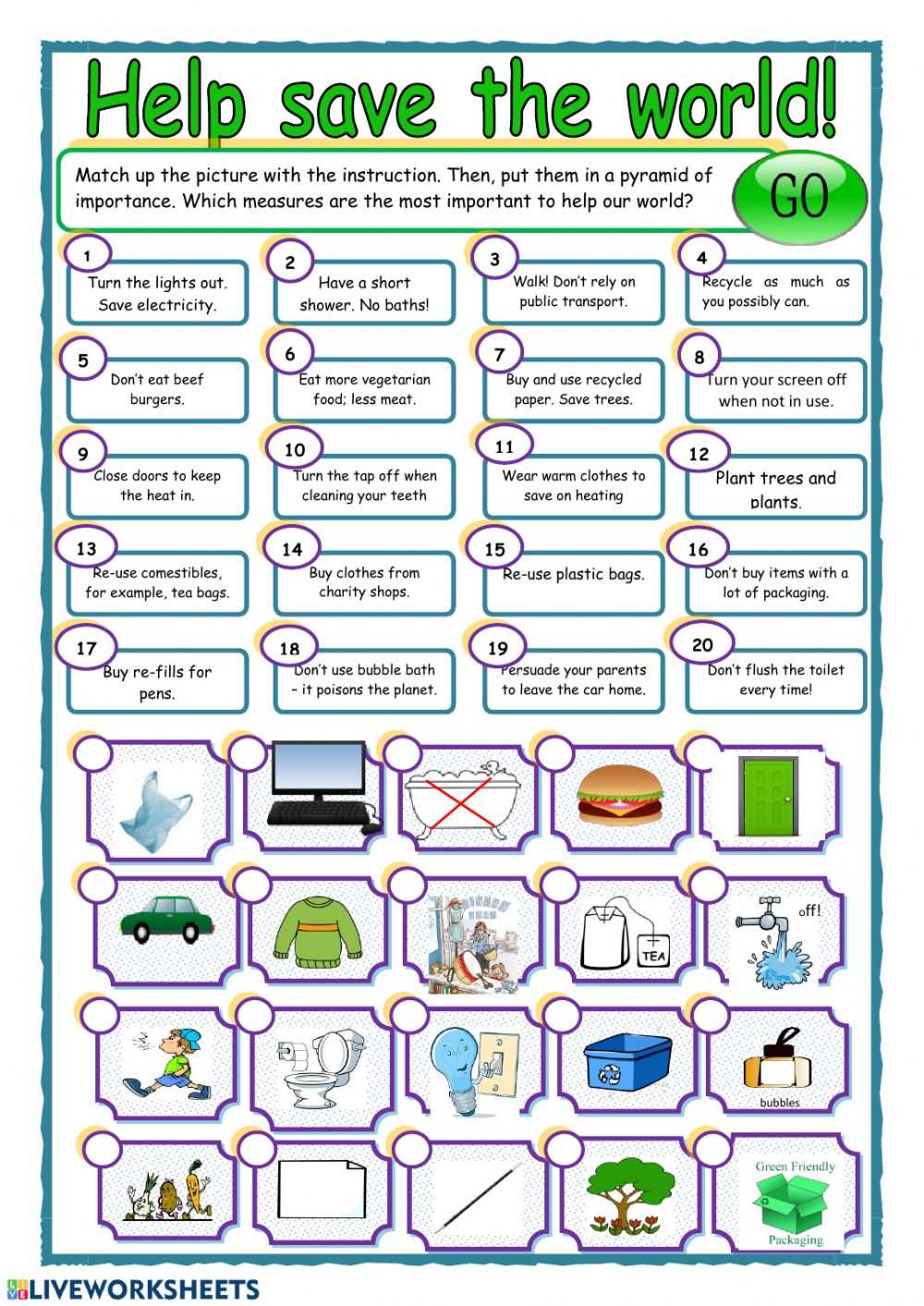
The film emphasizes the need for conservation and restoration efforts to protect and restore ecosystems. It showcases successful examples, such as the revival of the Chernobyl Exclusion Zone and the rewilding of the Dutch landscape. The key takeaway is that by actively working towards conserving and restoring habitats, we can create a more resilient and biodiverse planet.
In conclusion, “A Life on Our Planet” highlights the urgency of taking action to address the critical issues facing our planet. The film reminds us that we have the power to change our trajectory and create a sustainable future for ourselves and all living beings on Earth. It calls for a collective effort from individuals, communities, and governments to make the necessary changes and safeguard the future of our planet.
How does the documentary address the climate crisis?
The documentary “A life on our planet” delves deep into the urgent issue of the climate crisis and its dire consequences. Through the narration of Sir David Attenborough, it provides a comprehensive analysis of how the planet has changed over the course of his lifetime and outlines the escalating threats posed by human activities, specifically focusing on climate change.
The documentary highlights the grave impact of rising temperatures, melting ice caps, and extreme weather events. It emphasizes the urgent need for immediate action to mitigate further damage to the planet. Sir David Attenborough provides a stark warning about the disastrous path we are currently on and emphasizes the importance of taking collective action to address the climate crisis.
The documentary also offers potential solutions to combat the climate crisis. It showcases examples of successful conservation efforts, regenerative agriculture, and renewable energy initiatives from around the world. By presenting these success stories, it instills hope and demonstrates that it is possible to make positive changes and restore the balance of nature.
The documentary urges governments and individuals to prioritize the preservation of nature, reduce greenhouse gas emissions, and transition to sustainable practices. It calls for a shift in our global mindset and a recognition of our responsibility to protect and preserve the Earth for future generations.
What can individuals do to make a difference?
In order to make a difference and contribute to a better future for our planet, individuals can take various actions in their everyday lives. Here are some ways in which individuals can make a positive impact:
1. Reduce, Reuse, and Recycle:
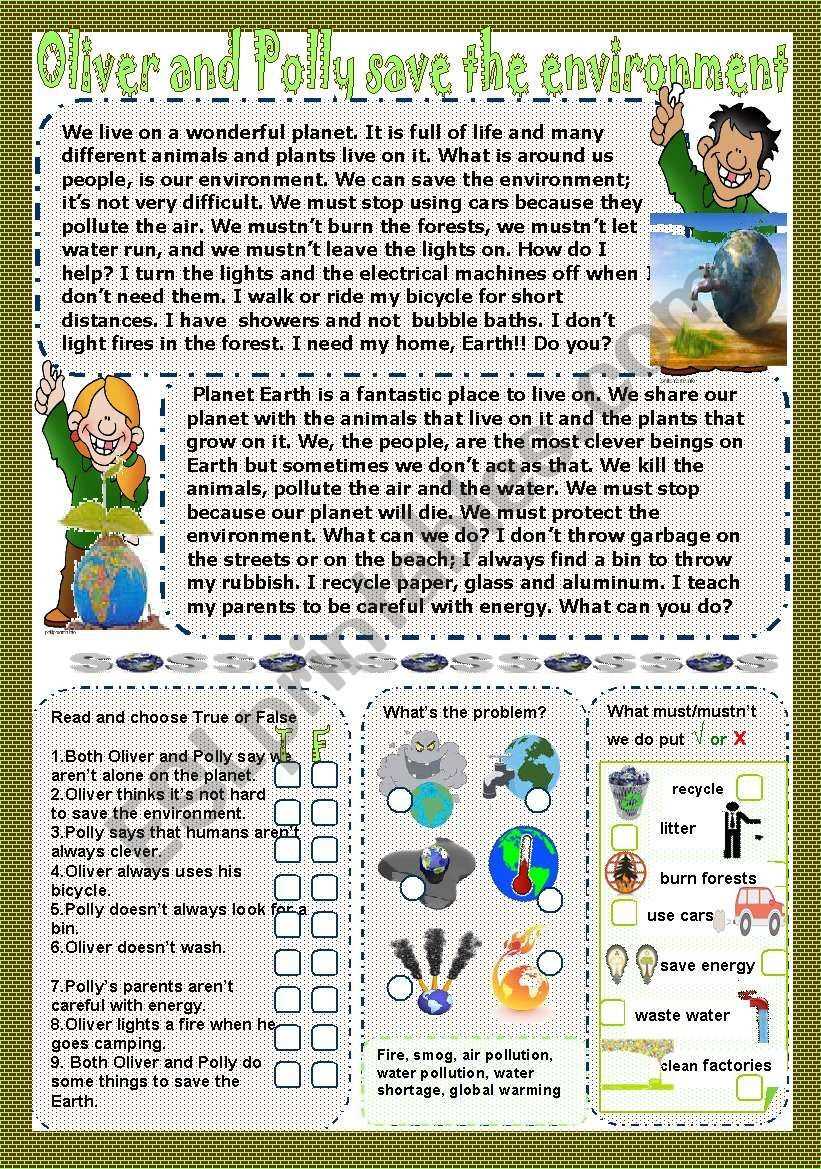
One of the most effective ways to reduce our environmental footprint is by practicing the three Rs – reduce, reuse, and recycle. By minimizing waste, reusing items, and recycling materials, we can conserve resources, reduce pollution, and minimize our impact on the planet.
2. Conserve Energy:
Individuals can play a crucial role in conserving energy by making small changes in their daily habits. This includes turning off lights when not in use, using energy-efficient appliances, adjusting thermostats, and unplugging electronics when not in use. Conserving energy not only reduces our carbon footprint but also saves money on energy bills.
3. Choose Sustainable Transportation:
Opting for sustainable modes of transportation, such as walking, biking, or using public transport, can significantly reduce carbon emissions. If owning a car is necessary, individuals can choose electric or hybrid vehicles, which have lower emissions compared to traditional gasoline-powered cars.
4. Support Local and Sustainable Products:
By supporting local and sustainable products, individuals can promote the use of eco-friendly practices and reduce the carbon footprint associated with the production and transportation of goods. This can be done by shopping at local farmers’ markets, buying organic and fair-trade products, and choosing items with minimal packaging.
5. Educate and Spread Awareness:
Individuals can make a difference by educating themselves and others about environmental issues and sustainable practices. By sharing information, engaging in conversations, and raising awareness on social media platforms, individuals can inspire others to take action and make environmentally conscious choices.
Implementing these actions in our daily lives can collectively make a significant difference in protecting our planet and ensuring a sustainable future for generations to come.
Q&A:
What can individuals do to make a difference?
Individuals can make a difference by starting small and taking actions in their own lives. This can include reducing waste, conserving energy, and being mindful of their consumption habits to minimize their impact on the environment.
How can individuals make a positive impact on their communities?
Individuals can make a positive impact on their communities by getting involved in local initiatives and volunteering their time and skills. They can also support local businesses and organizations, which helps to strengthen the community as a whole.
What role does education play in making a difference?
Education plays a crucial role in making a difference by raising awareness and providing individuals with the knowledge and skills they need to take action. It helps people understand the importance of certain issues and empowers them to make informed decisions and contribute to positive change.
How can individuals promote equality and social justice?
Individuals can promote equality and social justice by educating themselves about various social issues, listening to marginalized voices, and advocating for change. They can also support organizations and initiatives that work towards creating a more equitable and just society.
What can individuals do to contribute to a sustainable future?
Individuals can contribute to a sustainable future by adopting eco-friendly practices, such as recycling, using renewable energy sources, and reducing their carbon footprint. They can also support sustainable businesses and advocate for policies that prioritize environmental conservation.